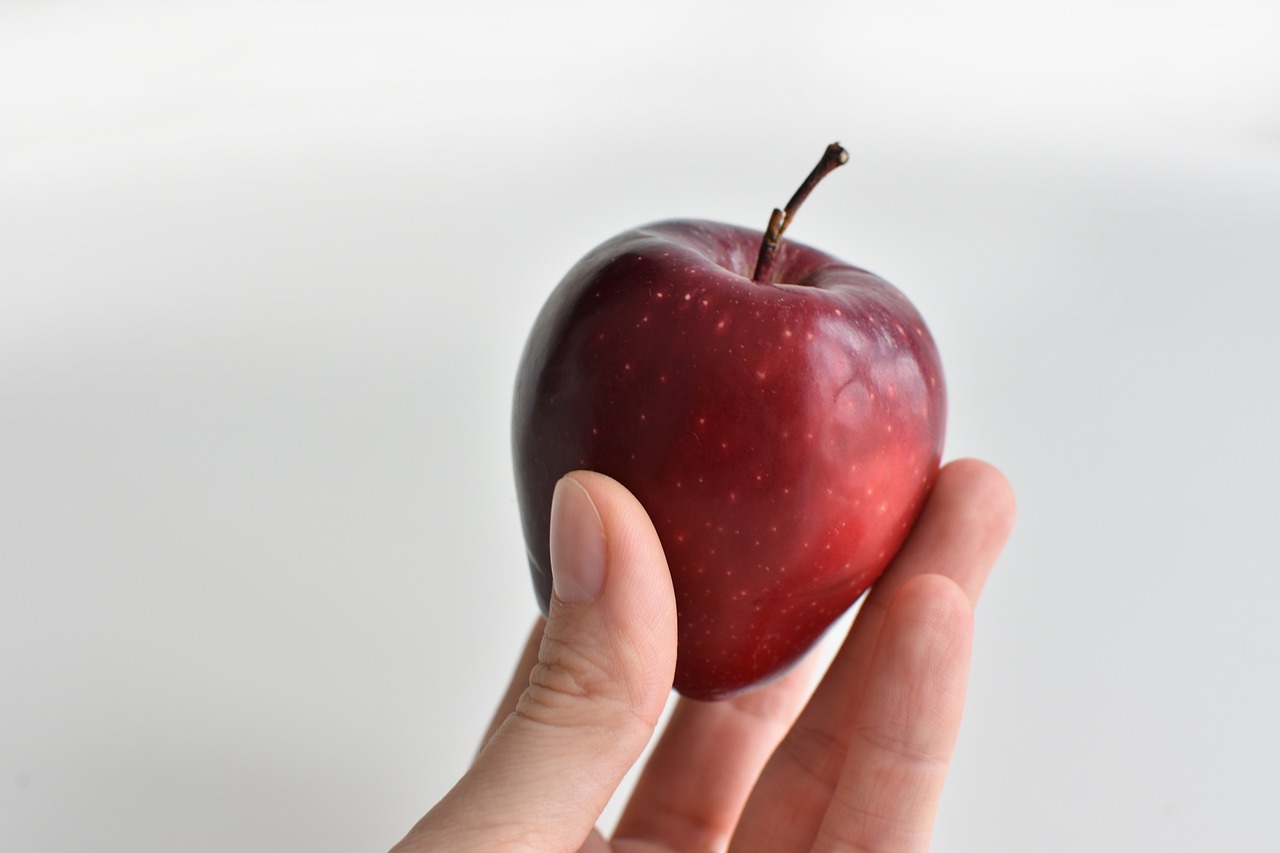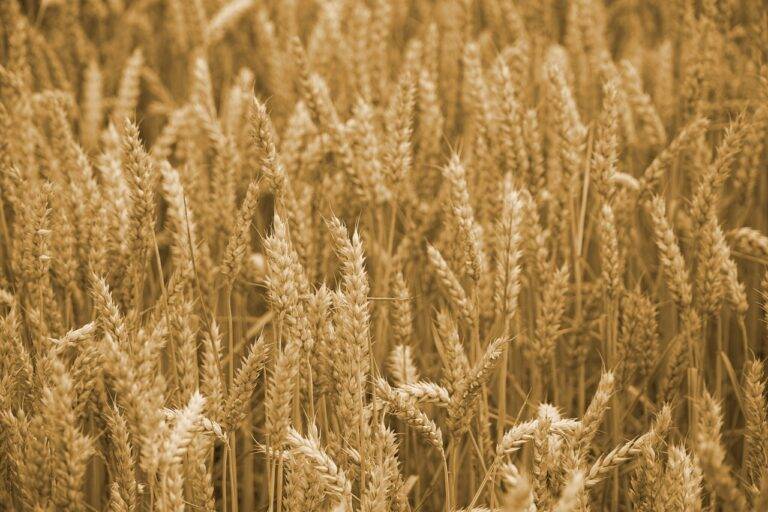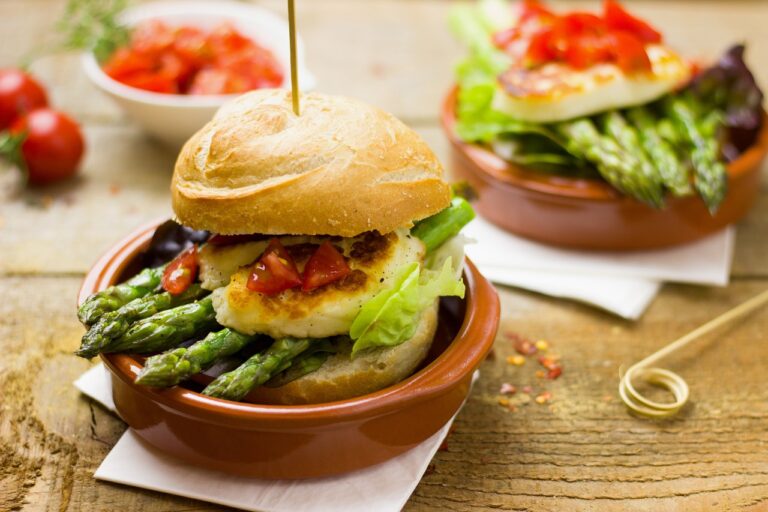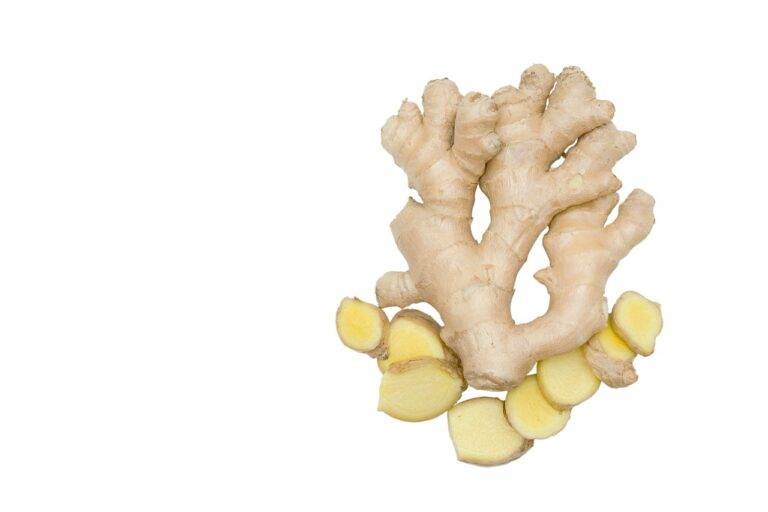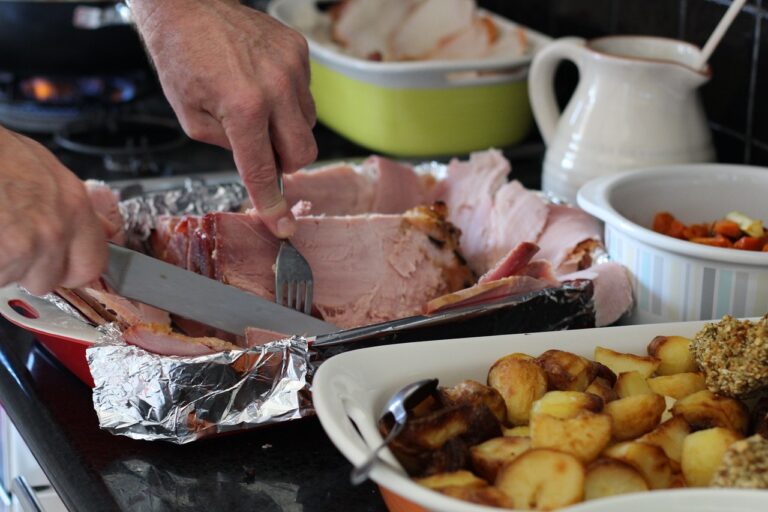Sustainability in Food Storage: Reducing Waste and Environmental Impact
skyexchange login, world777 login, golds bet login: Sustainability in Food Storage: Reducing Waste and Environmental Impact
In today’s world, it’s more important than ever to focus on sustainability and reducing our environmental impact. One area where we can make a significant difference is in how we store our food. Food storage practices can have a big impact on both food waste and the environment. By making simple changes to how we store our food, we can reduce waste, save money, and help protect the planet.
In this article, we’ll explore some tips and tricks for sustainable food storage that can help you make a positive impact on the environment. From reducing plastic waste to making the most of your fridge space, there are plenty of ways to make your food storage more sustainable.
Reduce Your Use of Plastic
Plastic is a major contributor to environmental pollution, and plastic food storage containers are no exception. To reduce your use of plastic, consider switching to reusable containers made of glass, stainless steel, or silicone. These materials are more durable and can be used over and over again, reducing the amount of plastic waste you generate.
When buying food at the grocery store, try to choose products that are packaged in glass or cardboard instead of plastic. You can also bring your own reusable bags and containers to the store to reduce the amount of plastic packaging you bring home.
Make the Most of Your Fridge Space
Properly organizing your fridge can not only help reduce food waste but also save you money. By keeping your fridge organized and knowing what you have on hand, you can avoid buying duplicate items or forgetting about perishable foods that may go bad.
Store fruits and vegetables in the crisper drawers to help them stay fresh longer, and make sure to keep perishable items like dairy and meat at the proper temperature to prevent spoilage. You can also use clear storage containers to keep leftovers visible and easily accessible, helping you use them up before they go bad.
Embrace Food Preservation Techniques
Food preservation techniques like freezing, canning, and pickling can help you extend the shelf life of fresh produce and reduce food waste. Freeze fruits and vegetables that are starting to go bad for use in smoothies or soups, or make your own jams and pickles to preserve seasonal produce for later use.
Canning is another great way to preserve fruits and vegetables for long-term storage. By learning how to can your own foods, you can reduce the amount of packaging waste generated by store-bought canned goods and enjoy the taste of fresh, homemade preserves all year round.
Invest in Sustainable Storage Solutions
There are plenty of eco-friendly food storage solutions available on the market today, from reusable beeswax wraps to compostable food storage bags. These products can help you reduce your reliance on single-use plastics and make your food storage more sustainable.
Invest in a set of glass food storage containers with lids that can be used in the fridge, freezer, and microwave for versatile storage options that can help reduce waste. Beeswax wraps are a great alternative to plastic wrap for covering leftovers or wrapping sandwiches, and can be washed and reused many times. Compostable food storage bags are made from renewable materials like cornstarch and can be disposed of in a composting bin when you’re done with them.
Plan Your Meals and Shop Wisely
One of the best ways to reduce food waste is to plan your meals and shop wisely. Before heading to the grocery store, take inventory of what you already have on hand and plan your meals around those ingredients. Make a shopping list based on your meal plan to avoid buying more food than you need, and try to buy in bulk to reduce packaging waste.
When storing your groceries at home, put older items at the front of the fridge or pantry so they get used up first, and try to use up leftovers before they go bad. By planning your meals and shopping wisely, you can reduce food waste, save money, and help protect the environment.
Recycle and Compost Food Waste
Even with the best intentions, some food waste is inevitable. When you do have food scraps or leftovers that can’t be eaten, consider composting them instead of throwing them in the trash. Composting food waste can help reduce methane emissions from landfills and create nutrient-rich soil for your garden.
If you don’t have a backyard composting system, look for local composting programs or community gardens where you can drop off your food waste. Some cities even offer curbside composting services that make it easy to divert food waste from the landfill and turn it into valuable compost.
By following these tips and tricks for sustainable food storage, you can reduce waste, save money, and make a positive impact on the environment. By making simple changes to how you store your food, you can help protect the planet for future generations.
FAQs
Q: How can I reduce plastic waste in my food storage?
A: You can reduce plastic waste by switching to reusable containers made of glass, stainless steel, or silicone and by choosing products packaged in glass or cardboard instead of plastic.
Q: What are some food preservation techniques I can use to reduce waste?
A: Freezing, canning, and pickling are great food preservation techniques that can help extend the shelf life of fresh produce and reduce food waste.
Q: What are some eco-friendly food storage solutions I can use?
A: Beeswax wraps, compostable food storage bags, and glass food storage containers are all eco-friendly options for sustainable food storage.
Q: How can I reduce food waste when meal planning?
A: You can reduce food waste when meal planning by taking inventory of what you have on hand, planning your meals around those ingredients, and making a shopping list based on your meal plan.
Q: What should I do with food scraps and leftovers that can’t be eaten?
A: You can compost food scraps and leftovers that can’t be eaten to reduce methane emissions from landfills and create nutrient-rich soil for your garden.

